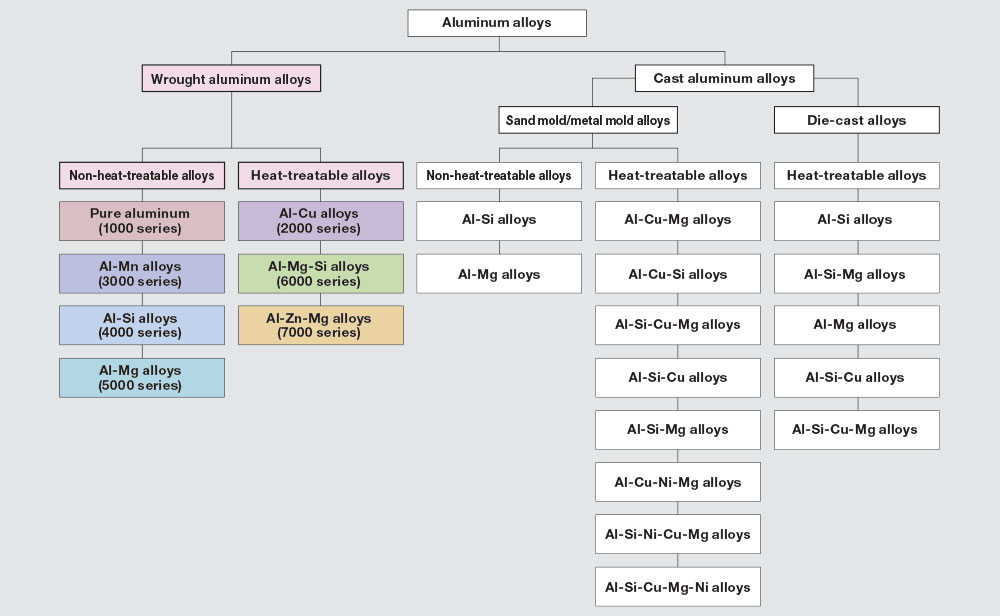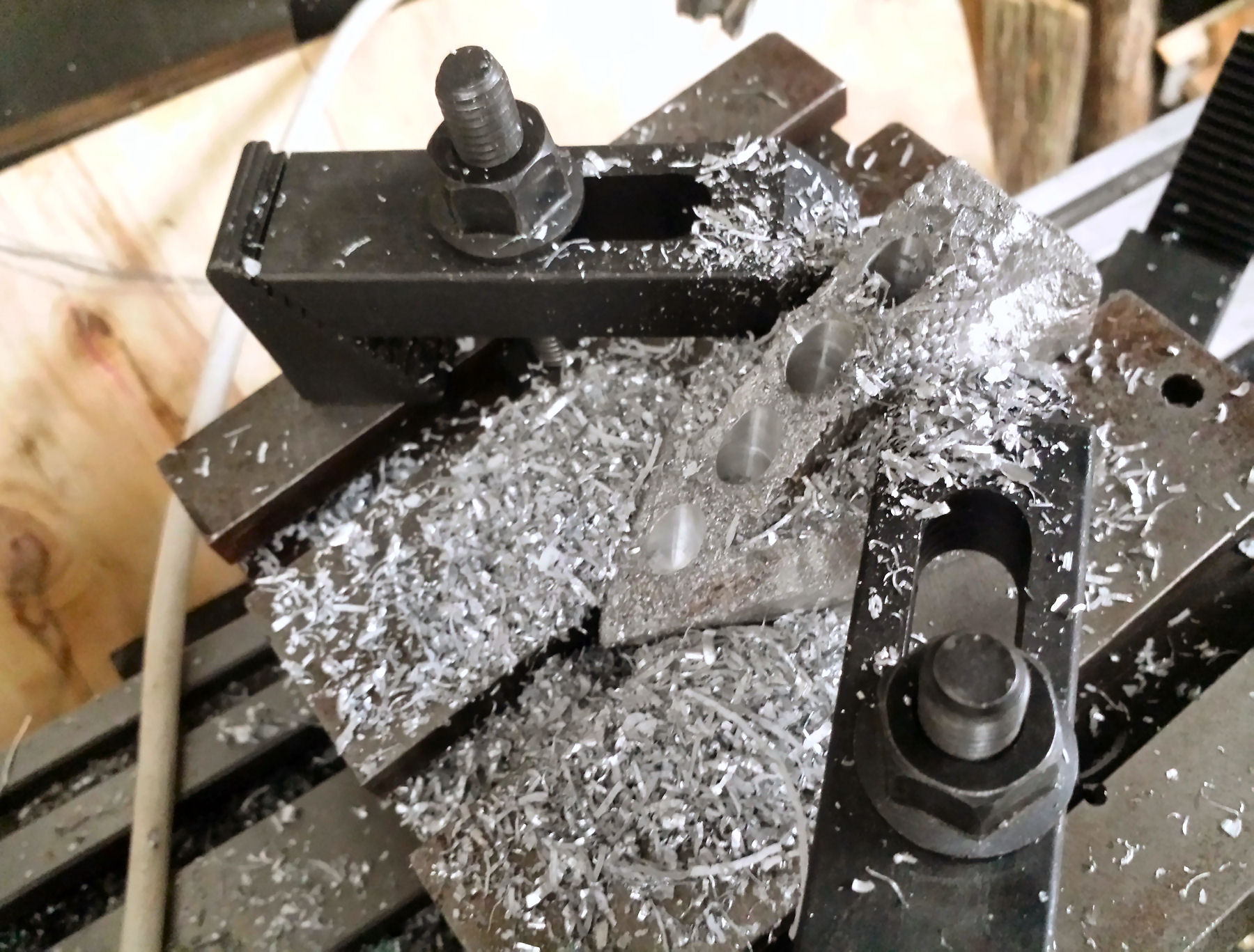The Only Guide for Alcast Company
The Only Guide for Alcast Company
Blog Article
Fascination About Alcast Company
Table of ContentsAll about Alcast CompanySome Known Questions About Alcast Company.Some Of Alcast CompanyAn Unbiased View of Alcast CompanyThe Alcast Company PDFsThe 6-Minute Rule for Alcast Company
Chemical Comparison of Cast Aluminum Alloys Silicon promotes castability by lowering the alloy's melting temperature level and improving fluidness during spreading. In addition, silicon contributes to the alloy's strength and wear resistance, making it important in applications where sturdiness is essential, such as automobile parts and engine components.It additionally enhances the machinability of the alloy, making it simpler to refine into completed products. In this way, iron adds to the general workability of light weight aluminum alloys. Copper raises electrical conductivity, making it helpful in electrical applications. It additionally boosts corrosion resistance and includes to the alloy's general toughness.
Manganese adds to the stamina of light weight aluminum alloys and improves workability (aluminum foundry). It is commonly made use of in functioned light weight aluminum products like sheets, extrusions, and profiles. The existence of manganese help in the alloy's formability and resistance to breaking during manufacture processes. Magnesium is a light-weight element that gives strength and influence resistance to aluminum alloys.
The Definitive Guide to Alcast Company
Zinc improves the castability of aluminum alloys and helps manage the solidification process throughout spreading. It boosts the alloy's strength and solidity.

The key thermal conductivity, tensile strength, yield stamina, and prolongation vary. Among the above alloys, A356 has the greatest thermal conductivity, and A380 and ADC12 have the cheapest.
Alcast Company for Beginners

In precision spreading, 6063 is well-suited for applications where detailed geometries and top notch surface finishes are extremely important. Examples include telecommunication rooms, where the alloy's premium formability permits smooth and cosmetically pleasing designs while preserving architectural honesty. Similarly, in the Illumination Solutions market, precision-cast 6063 parts develop elegant and effective lights components that require complex forms and good thermal efficiency.
The A360 shows superior elongation, making it suitable for facility and thin-walled parts. In accuracy casting applications, A360 is fit for industries such as Consumer Electronics, Telecommunication, and Power Devices.
Indicators on Alcast Company You Should Know
Its distinct buildings make A360 a valuable option for accuracy spreading in these sectors, enhancing item durability and high quality. Casting Foundry. Aluminum alloy 380, or A380, is a widely made use of spreading alloy with numerous distinct features.
In accuracy casting, aluminum 413 beams in the Customer Electronics and Power Tools sectors. This alloy's remarkable rust resistance makes it an excellent option for outside applications, guaranteeing long-lasting, long lasting products in the mentioned sectors.
Excitement About Alcast Company
As soon as you have decided that the aluminum pass away casting process is ideal for your project, an essential following step is picking one of the most appropriate alloy. The light weight aluminum alloy you select will substantially influence both the casting procedure and the residential properties of the end product. Since of this, you need to make your decision thoroughly and take an educated method.
Determining the most my site appropriate light weight aluminum alloy for your application will certainly suggest weighing a wide array of characteristics. The initial group addresses alloy features that impact the production process.
What Does Alcast Company Mean?
The alloy you pick for die spreading directly impacts several facets of the casting procedure, like how very easy the alloy is to deal with and if it is vulnerable to casting problems. Hot breaking, additionally known as solidification splitting, is a common die spreading defect for light weight aluminum alloys that can cause internal or surface-level splits or cracks.
Particular light weight aluminum alloys are more vulnerable to hot fracturing than others, and your option should consider this. It can damage both the cast and the die, so you ought to look for alloys with high anti-soldering buildings.
Corrosion resistance, which is already a significant feature of light weight aluminum, can vary considerably from alloy to alloy and is a vital particular to take into consideration depending on the environmental conditions your item will certainly be exposed to (aluminum metal casting). Put on resistance is an additional home generally looked for in aluminum items and can differentiate some alloys
Report this page